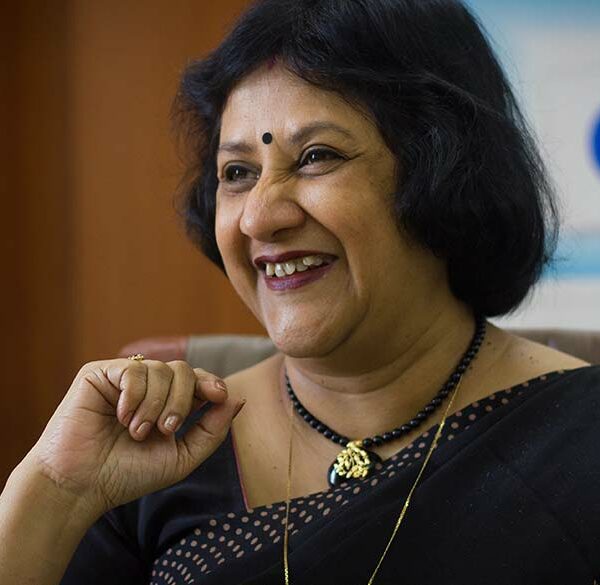While women are struggling to find a place at their respective workplace, those who have been able to make their presence felt are not making the best out of their jobs either. In the essentially male-dominated fields, where every woman has been given the mantle, her wages still do not coincide with her male counterparts.

Gender pay gap is not a novel phenomenon. Where women had to fight for their right to vote in the 19th century, how do you expect them not fight for a better pay? However, what makes it worth deliberating is the need and an urgency for a reform.
According to a report by PayCheck India, The gender pay gap in India for the year 2011 was 28.13%.
According to the World Economic Forum, it will take another 118 years – or until 2133 – until the global pay gap between men and women is finally closed.
Today more number of women are aiming to join the workplace. Married working women have the dual responsibility of excelling at their workplace as well as managing their household chores. But the real question is, whether this hard work is really being appreciated and rewarded?

By rewards, we mean material incentives and bonuses and most importantly promotion and better wages for women.
Gender pay gap differs across various spectrums not just gender-wise but also across nations, states, race, occupations and professions and age groups. In India, you will find substantial differences in the wages earned by a woman in Delhi as compared to that earned by someone in Kerala for the same job
Women are largely subjected to gender-based division of labour. Thus, it often comes to us as a ‘surprise’ when we see women making a mark in the so-called ‘unconventional’ fields such as the corporate or defence sector. Hence, the resulting pay gap based on gender seems obvious. While the problem of gender pay gap is a universal, the indian society has serious implications because we are still entrenched in patriarchy and women in the rural areas are subjected to a great extent.

WHAT ARE THE POSSIBLE REASONS BEHIND THIS GENDER WISE WAGE GAP?
- The skills and abilities of a woman are highly underestimated. She is thereby considered ineligible and unfit for certain jobs and posts.
- In many societies, the presence of a woman is not appreciated at the workplace. They are supposed to be confined to their homes only. Some men believe that women encroach upon their positions.
- Post marriage, it is assumed that women will not be able to maintain a balance between their multiple re. Marriage and kids will eventually be a big barrier and they will be forced to leave their job.
- Due to the prevalence of the patriarchal system, in most societies around the world, access to education is much less as compared to men. Thus, weaker qualifications result in lesser incomes.
LAWS IN INDIA FOR THE PROVISION OF EQUAL PAY
The Indian Constitution has certain provisions aimed at eliminating the practice of inequality.
These includes Articles such as Article 14 (equal rights and opportunities), Article 15, Article 39 (d) that provides equal pay for equal work, Article 42 (provision for ensuring just and humane conditions of work and maternity relief) and many other laws.
There are also various acts enacted by the State to attend to the problem of workers, especially females. Most important amongst them is the Equal Remuneration Act of 1976 which provides for equal pay to men & women for equal work.
Thus, demands for pay parity is gaining strength worldwide. Personalities ranging from religious leaders, politicians, actors to sportspersons are raising their voices for its support. Distinguished people like Pope Francis, Hillary Clinton, and Jennifer Lawrence have stood up for this cause. Even various Indian actors such as Anushka Sharma have also spoken in this regard.
To counter this problem in a society like ours, we need to come up with novel solutions.
We should build a conducive environment which is consistent with our cultural ethos and does not give sole authority to men. The private sector should become more responsive to the needs of its female workers. More than anything, women need recognition for their work. This will help them in uplifting their integrity and gaining respect in their own eyes as well as amongst their male colleagues.












